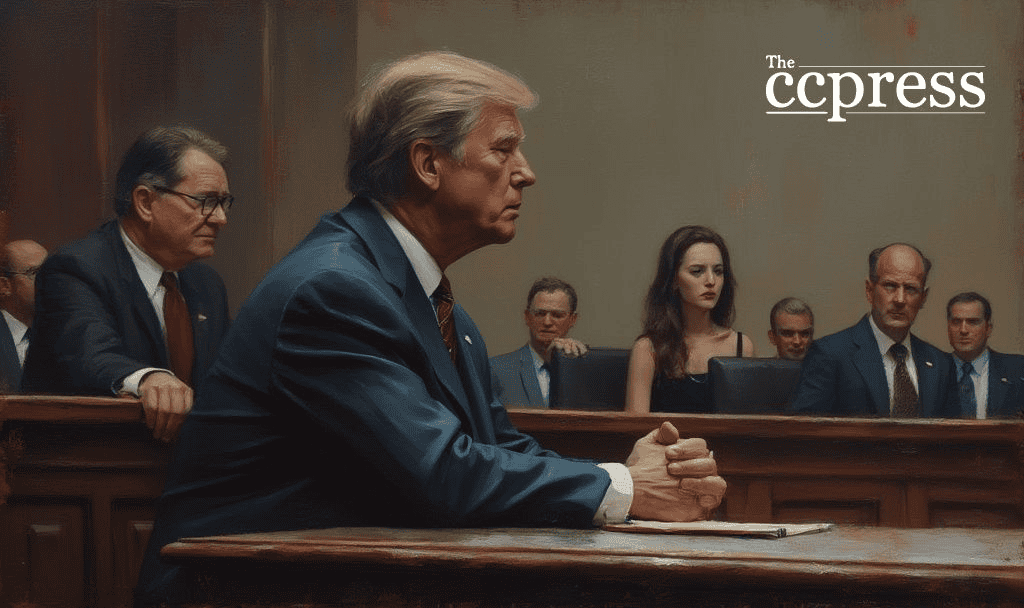- Main case advances, impacting crypto markets and investor trust.
- Investors allege significant misrepresentation.
- Precedent could shape future crypto regulation.

Lede: New York judge permits the securities fraud lawsuit against Digital Currency Group (DCG) to advance, following efforts to dismiss it, with DCG’s Barry Silbert and Genesis’ Michael Moro accused of misleading investors.
Nut Graph: The lawsuit’s progression emphasizes rising scrutiny in the crypto market, with potential regulatory changes stemming from these legal actions.
Background and Allegations
Digital Currency Group’s (DCG) motion to dismiss a
securities fraud lawsuit has been largely rejected by a New York judge. The case, led by NYAG
Letitia James, involves allegations of misleading financial practices following major crypto industry collapses.
DCG’s Barry Silbert and former Genesis CEO Michael Moro are central figures in the case. They argue their actions were lawful amid the crisis post-Three Arrows Capital’s collapse. NYAG claims investor deception over $3 billion.
Market Impact and Investor Sentiment
The legal proceedings have caused concern among investors, affecting sentiment in the
cryptocurrency market. Historically, such cases lead to market volatility as investor confidence wavers, impacting key cryptocurrencies like Bitcoin and Ethereum.
Legal and regulatory pressures can shape the behavior of financial markets. If proven, these allegations may increase the demand for stricter crypto regulations, potentially affecting how crypto businesses operate across jurisdictions.
Regulation and Future Implications
DCG’s affiliates, including Gemini, face scrutiny over their roles. Such legal challenges highlight the need for
transparency within the cryptocurrency sector, as investors closely watch potential outcomes that could bolster calls for industry reform.
Potential regulation and legal proceedings may influence investment strategies and investor confidence. Historical comparisons, such as the
FTX downfall, suggest that ongoing legal actions could trigger regulatory changes, fostering improved transparency and accountability within the sector.
Letitia James, New York Attorney General, emphasized, “DCG lied to investors and defrauded them out of billions.”
